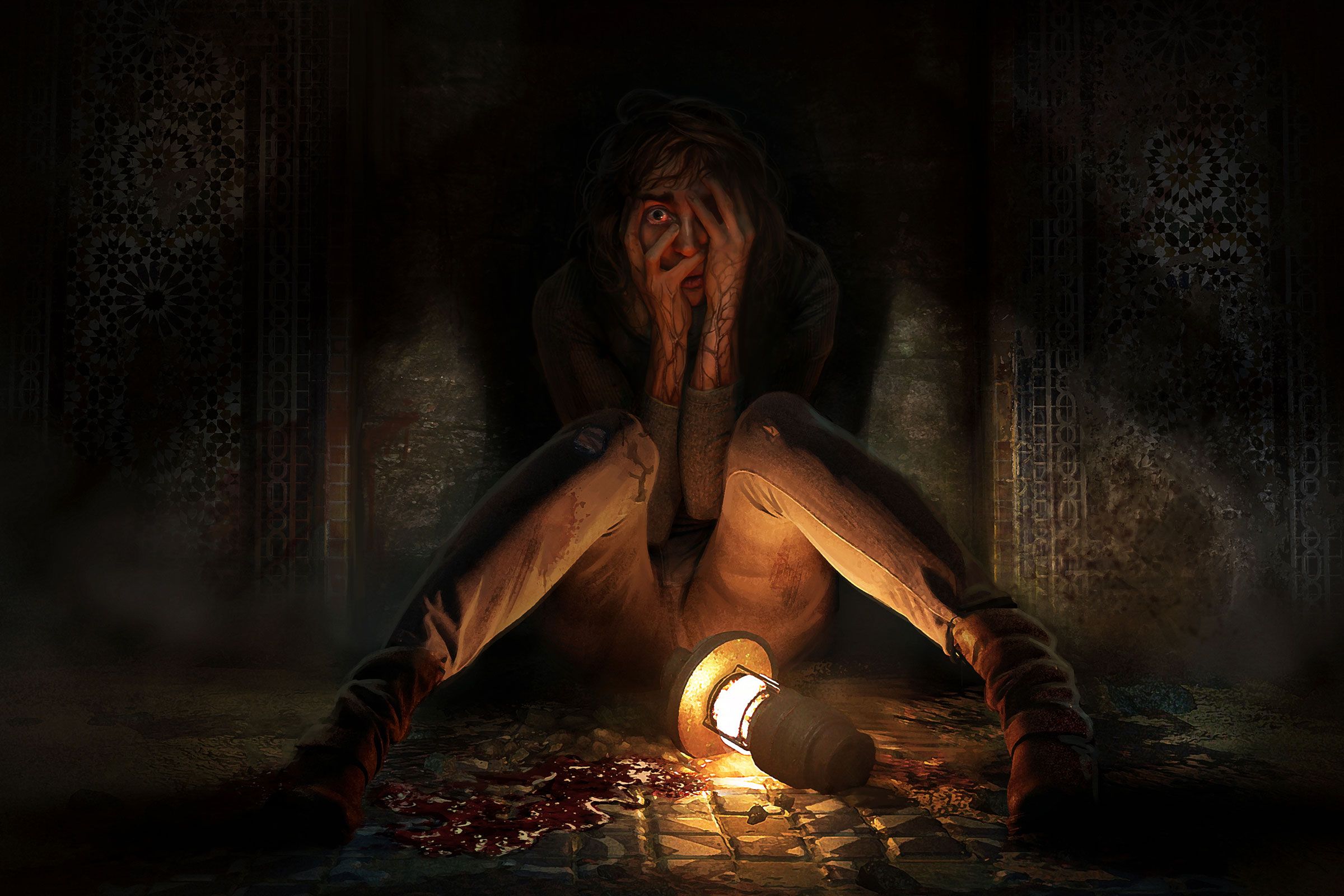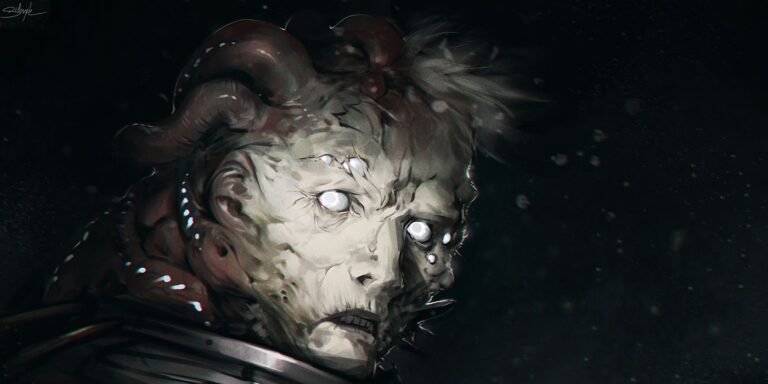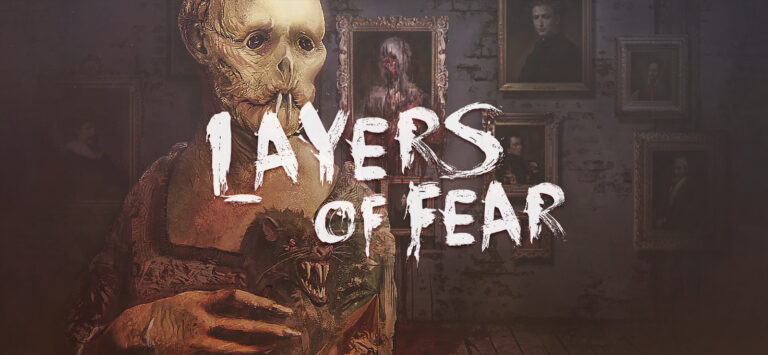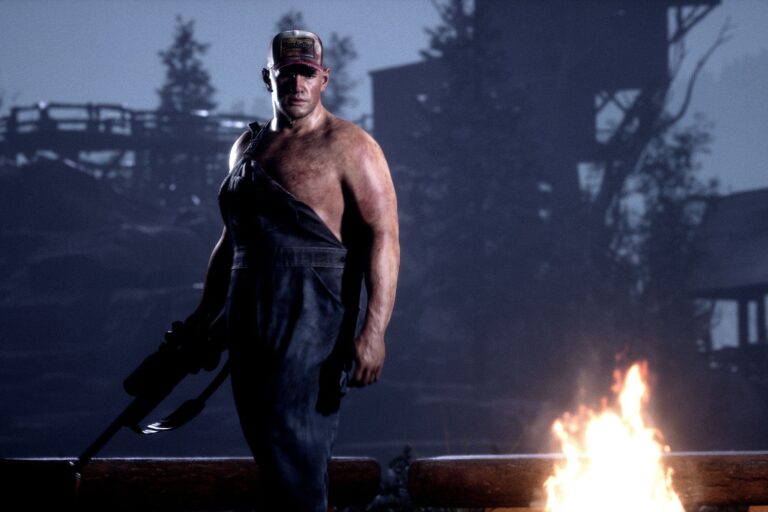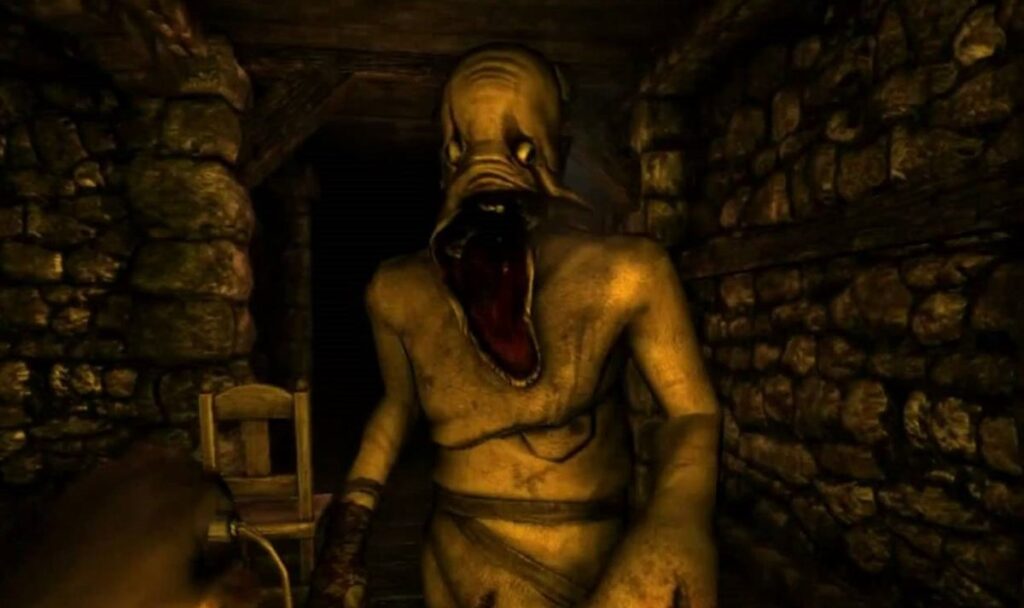
Horror doesn’t always come crashing through the door in a blaze of gore and shrieking violins. Sometimes it crawls. A damp, mildewed thing that festers in the corners of your mind until you can’t tell whether you’re feeling it or leaking it.
Amnesia: The Dark Descent (Frictional Games, 2010) is this kind of horror. A slow, suffocating psychoanalysis disguised as a survival game.
At its core, Amnesia is an ugly excavation of guilt and trauma. We slip into the skin of Daniel, a man so shattered by what he’s done that he drinks away his memories just to keep breathing. He wanders the rotting halls of Brennenburg Castle with only a sputtering lamp to keep back the shadows — but the shadows aren’t the real threat. The real threat is his own mind, buckling under the weight of truths he thought he buried.
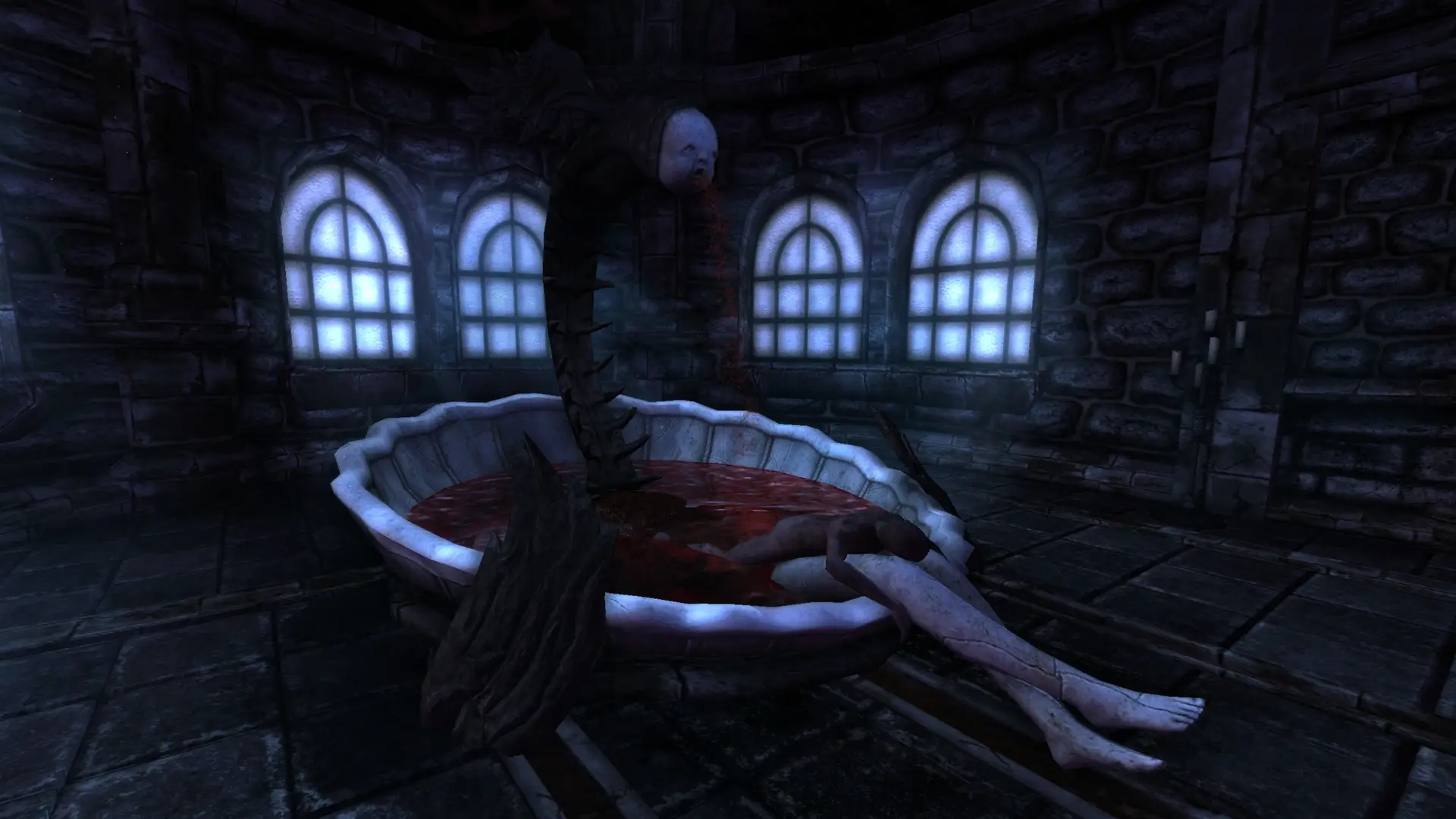
In Amnesia, sanity doesn’t exist to be managed; it exists to be destroyed. The deeper Daniel trudges into the castle’s stone belly, the more the game punishes him for remembering. Light becomes both salvation and curse — what it reveals will make your stomach curdle. You don’t fight the monsters; you run, you hide, you quake in the pitch-black corners that feel too much like the recesses of your own skull.
Frictional Games knew exactly where to twist the knife. They understood that horror, when done right, is never about the thing in the closet — it’s about the festering things we lock away in ourselves. In Amnesia, the most disturbing revelation is that Daniel isn’t just pursued by monsters — he is one. The castle isn’t haunted; it’s a monument to his sins, his memories, and the mercy of forgetting.
In the end, Amnesia: The Dark Descent doesn’t scare you with cheap jolts — it peels you like wallpaper, layer by moldy layer, until you’re forced to look at the ruin underneath. It dares you to remember what you’d rather forget — and then reminds you that some horrors live forever, scratching behind your eyes long after you’ve shut the game off.
